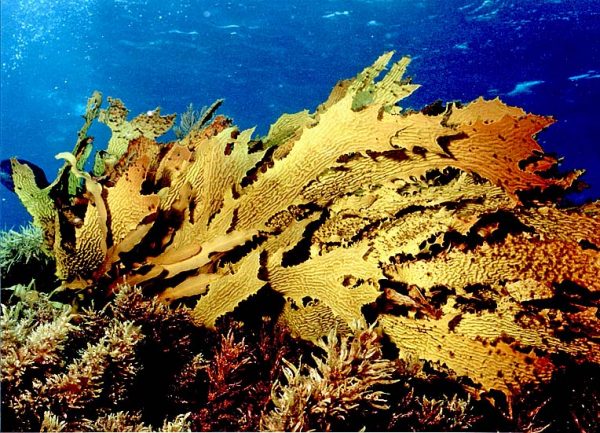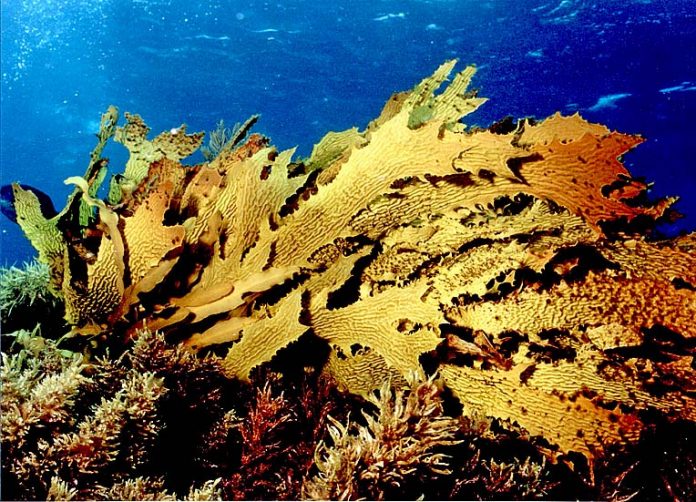
RESEARCH into the future of Australia’s Great Southern Reef shows ocean warming will likely have a substantial impact on habitat-forming seaweed by 2100.
“Over the next 85 years, our temperate coastlines are likely to experience substantial reductions of habitat-forming seaweeds, which are the biological engine of the Great Southern Reef,” University of Western Australia Oceans Institute Associate Professor Thomas Wernberg said.
“We looked at the present and future distribution of 15 large dominant seaweed species and found they would lose between 30 to 100pc of their current area to ocean warming.
“This is bad news as these seaweeds support our globally unique marine biodiversity and important recreational and commercial fisheries such as abalone and rock lobster, Australia’s most valuable fisheries.
“These seaweeds are the trees of the oceans and the foundation of kelp forests that support ecosystem services such as biodiversity and fisheries resources worth more than $10b dollars per year in Australia.”
UWA is changing its research focus from documenting kelp loss to discovering solutions to increase seaweed resilience and improve restoration of impacted kelp forests.
“These active solutions are the only way forward if we want to maintain these unique and valuable ecosystems,” Mr Wernberg said.
The Great Southern Reef extends almost 8000km from Brisbane, around Tasmania to Kalbarri north of Perth and includes the South East coastline.








